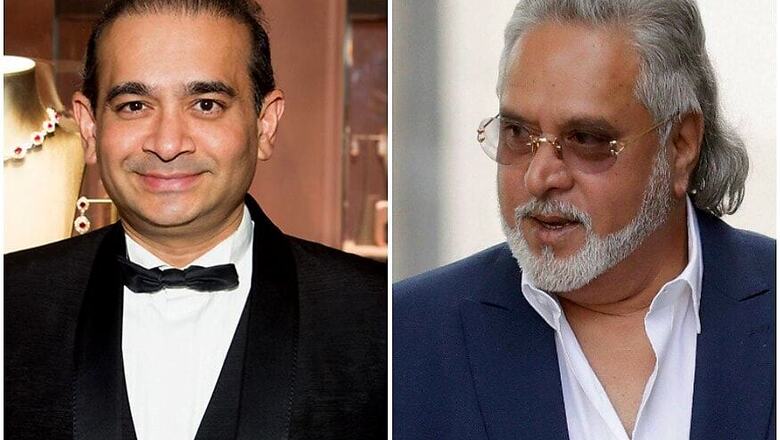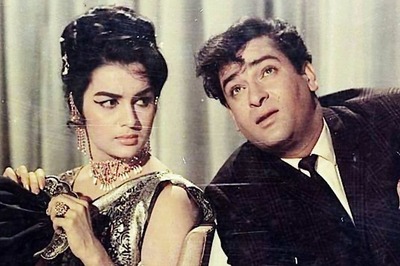
views
New Delhi: The Lok Sabha passed the Fugitive Economic Offenders Bill, 2018, on Thursday, which will allow the seizure of domestic assets of culprits and deter them from evading the process of law.
After promulgating the ordinance, the government had said it would “lay down measures to empower Indian authorities to attach and confiscate proceeds of crime associated with economic offenders and the properties of the economic offenders”.
The law will “deter economic offenders from evading the process of Indian law by remaining outside the jurisdiction of Indian courts,” the government had said.
The bill proposes the formation of a special court under the Prevention of Money Laundering Act (PMLA), 2002, to declare a person a fugitive economic offender. Courts or tribunals can also bar such offenders or their associated companies from filing or defending civil claims before it.
The law ministry had in September approved the finance ministry’s draft of Fugitive Economic Offenders Bill, 2017, and its passage into law is now being expedited as part of the Narendra Modi government’s response to the Punjab National Bank (PNB) scam.
The bill defines a fugitive economic offender as a person who has an arrest warrant issued in respect of a scheduled offence and who leaves or has left India to avoid criminal prosecution, or refuses to return to India to face criminal prosecution.
The draft bill covers a wide range of offences, including wilful loan defaults, cheating and forgery, forged or fraudulent document of electronic records, duty evasion and non-repayment of deposits, among others.
Once voted into law, the new legislation will empower investigating agencies to confiscate, and vest with themselves, any property of the absconding offenders without any encumbrances.
Also, at the discretion of any court, such person or any company where the absconder is a promoter or key managerial personnel or majority shareholder, may be “dis-entitled” from bringing forward or defending any civil claim. This could effectively take away the fugitive offenders’ rights to reclaim the assets.
The proposed law comes in the backdrop of the alleged Rs 11,400 crore defrauding of the Punjab National Bank (PNB) — India’s second-largest public sector bank — by diamond merchant Nirav Modi and his uncle Mehul Choksi.
Both Modi and Choksi have left the country and are believed to be in Europe. They have joined a growing list of economic offenders, including liquor baron Vijay Mallya, who is facing charges of bank loan defaults worth an estimated Rs 9,000 crore.
In order to ensure that courts are not over-burdened with such cases, only those cases where the total value of the offence is Rs 100 crore or more will fall within the purview of this bill.
The bill makes provisions for a court of law — a 'Special Court' under PMLA — to declare a person a “fugitive economic offender”.
The existing provisions have drawbacks when applied to high-value economic offenders. In large defaults, criminal proceedings are likely to be in several criminal courts across the country where assets are located. This multiplicity of proceedings may lead to conflicting orders of attachment by different courts.
Also, a court is unlikely to attach property outside its jurisdiction without the procedure for endorsement being followed. As a result of such delays, such offenders can continue to remain outside the jurisdiction of Indian courts for a considerable period of time. The bill is aimed at addressing these drawbacks.
It will allow quicker attachment and disposal of property and assets, helping recovery of defrauded or defaulted amount. It will also act as a deterrent for offenders who seek to flee the country.



















Comments
0 comment